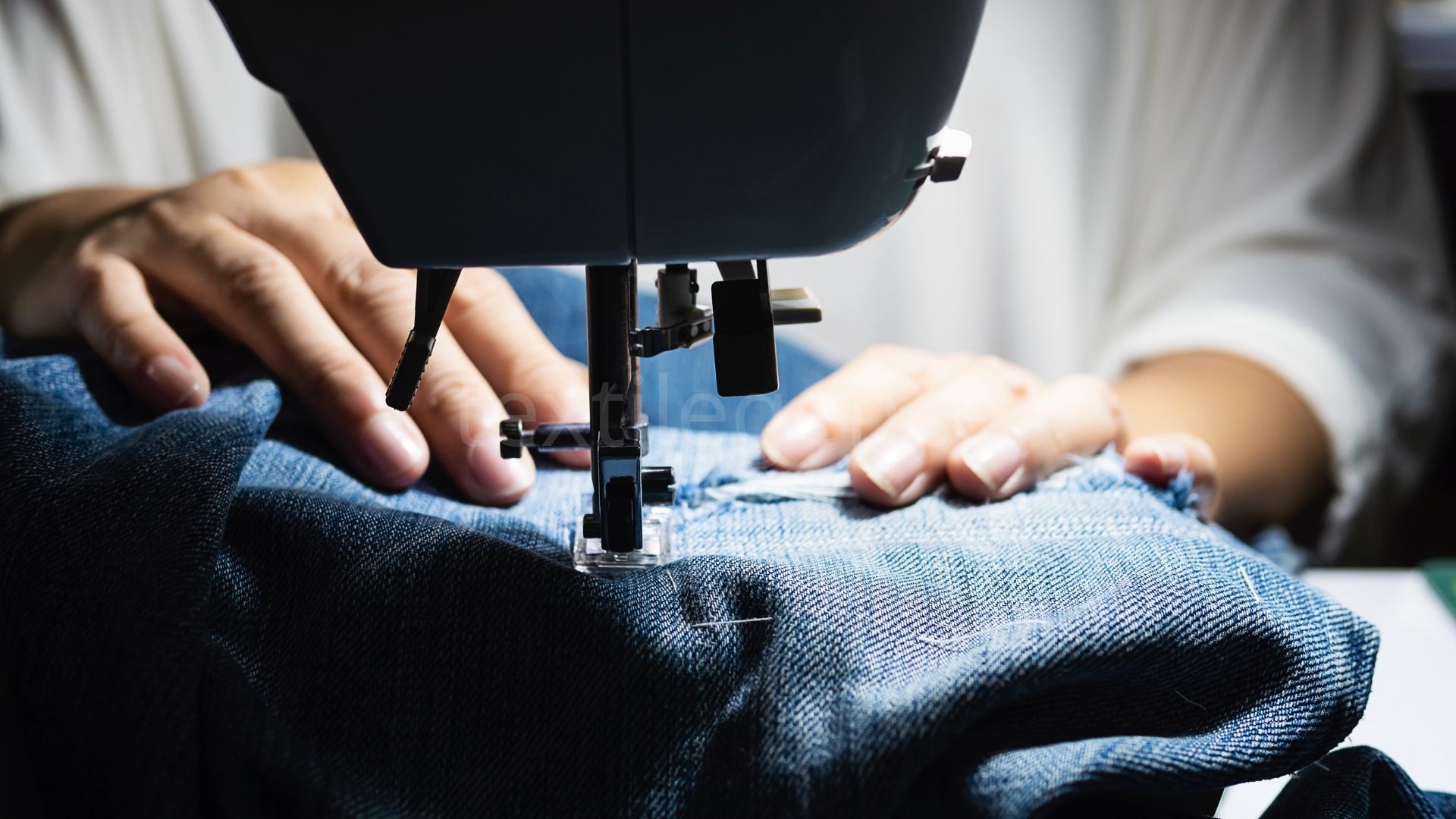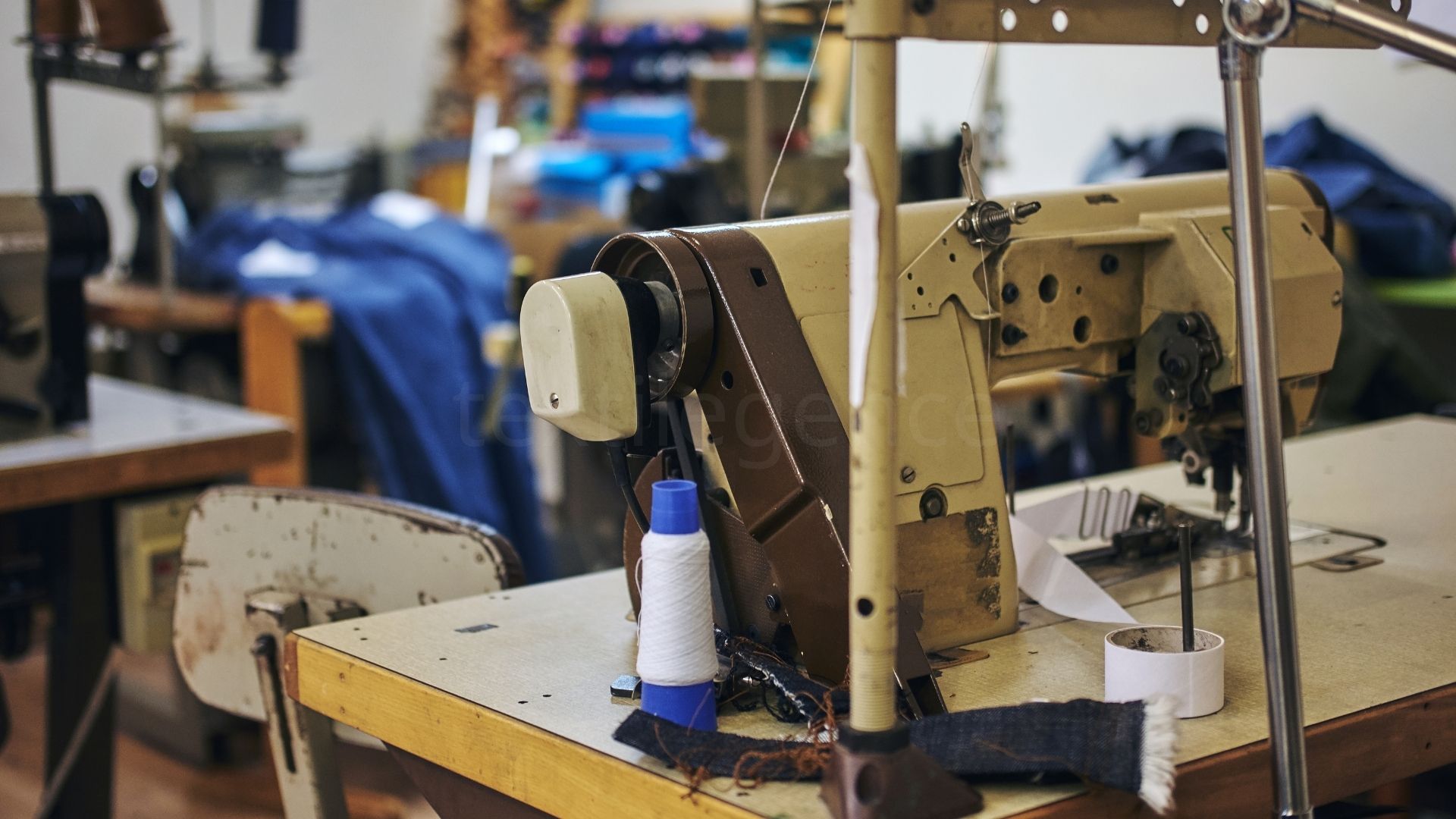The Turkish textile and apparel industry is being shaken by the uninterrupted news of bankruptcy and concordat. Türkiye with a deep-rooted textile tradition dating back to long before the industrial revolution has recently been experiencing a loss in employment and production.
According to the December 2024 data shared by the SSI (Social Security Institution), the total number of businesses in the manufacture of textile products was 19 thousand 461 (14 public and 19 thousand 447 private), while this number was 39 thousand 640 (82 public and 39 thousand 558 private) in the manufacture of clothing items.
Looking at the March 2025 data, there are 19 thousand 217 companies (13 public and 19 thousand 204 private) in the manufacture of textile products and 37 thousand 737 (82 public and 37 thousand 655 private) in the manufacture of clothing.
Accordingly, from December 2024 to March 2025, a total of 2,147 companies, 244 of which were textile and 1903 apparel companies, closed down.
“Currently, there are approximately 3 thousand factories for sale and as many for rent in Türkiye”
Concordat and bankruptcy news from the textile and apparel industries continue to come one after another. Among the companies that declared concordat in 2025 are Turkish textile giant Uğur Balkuv Triko, which produces for the world’s biggest clothing brands such as Hugo Boss, Mango and Zara, Istanbul-based textile company Settriko, which produces for brands such as Boyner and DeFacto in the domestic market as well as abroad, and many other names.
Among the bankrupt companies are important manufacturers such as Fabrilla Tekstil, one of the largest textile companies in Kırklareli, and Bozdamlar Tekstil, one of the well-known textile companies in Konya.
Most recently, Baltalı Group, founded in Denizli in 1991, announced that it has decided to close its two production facilities in Afyon Hocalar and Çal District of Denizli due to the shrinkage in the textile sector. In the news of İbrahim Alayont from DRT TV, Baltalı Group Chairperson Derya Baltalı said, “At some point, we were defeated by inflation, demand reluctance and exchange rate imbalance. If orders increase, we will reopen our closed facilities. These will be the first places we will open. Many textile and apparel industrialists are in trouble in the market.”
He said that there are currently about 3 thousand factories for sale and as many for rent in Türkiye, and that this number is expected to increase even more.

We import even the products we produce
In addition to economic difficulties, some practices also affect the sector negatively. In a statement, Ahmet Öksüz, Chairperson of the Board of Directors of ITHIB, reminded that products that are not covered by the Inward Processing Regime (IPR) are imported tax-free within the scope of IPR, and said that the method subject to declaration causes drawbacks. He suggested that a container-based inspection should be carried out to prevent this; “Yarn comes 70% tax-free. Polyester is close to 50%. There is a serious tax loss,” he stated. He added that with the recent cheapening of imports, imports have increased even for domestically produced products
Employment loss in Turkish textile and apparel industries is increasing
According to the report published by İHKİB on the current situation of the sector; while the total number of employment in the textile and apparel industries hovered above 1 million in 2020-2023, this number dropped to 959,395 according to year-end data for 2024.
In March 2025, compared to the previous month, employment decreased by 10,690 persons to 549,561 in apparel and by 17,373 persons to 923,935 in textiles.
Compared to the previous year, a total of 79,584 employment losses were recorded, with a decrease of 60,187 in apparel and 19,397 in textiles.
Industry officials say that while the cost of an employee to the employer is 1100-1200 dollars, this number should decrease to around 700-800 dollars.
On the other hand, according to a report prepared by the Clean Clothes Campaign, long working hours and insufficient salaries are among the most common challenges faced by workers. In addition, inappropriate working environments and mistreatment are among the reasons that keep young people away from working in this field.
You can read the solution proposals shared by industry officials regarding the current situation here:
Not just production, smart production
“Exchange rate and interest rate support is essential for recovery in the Turkish apparel industry”


